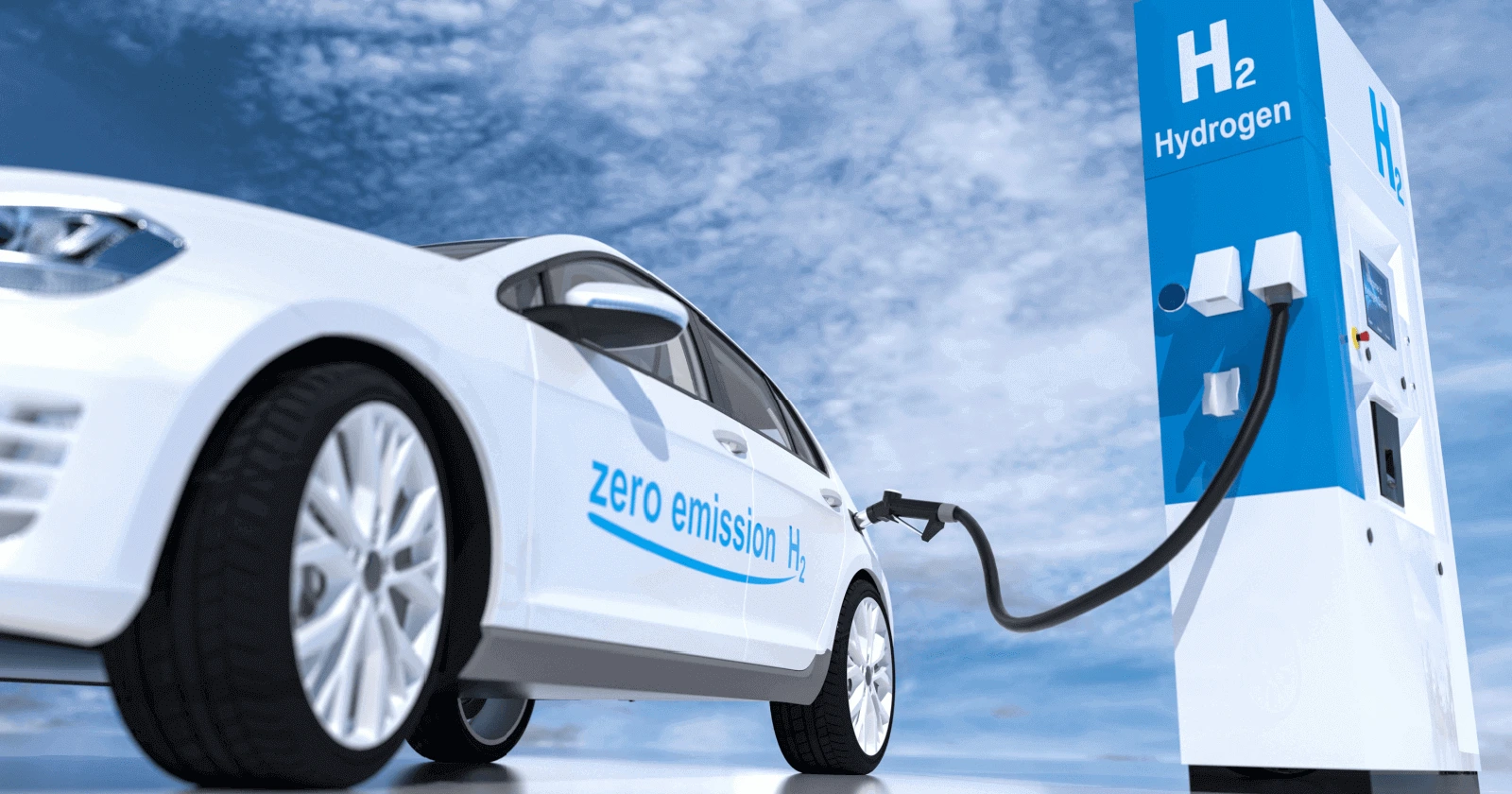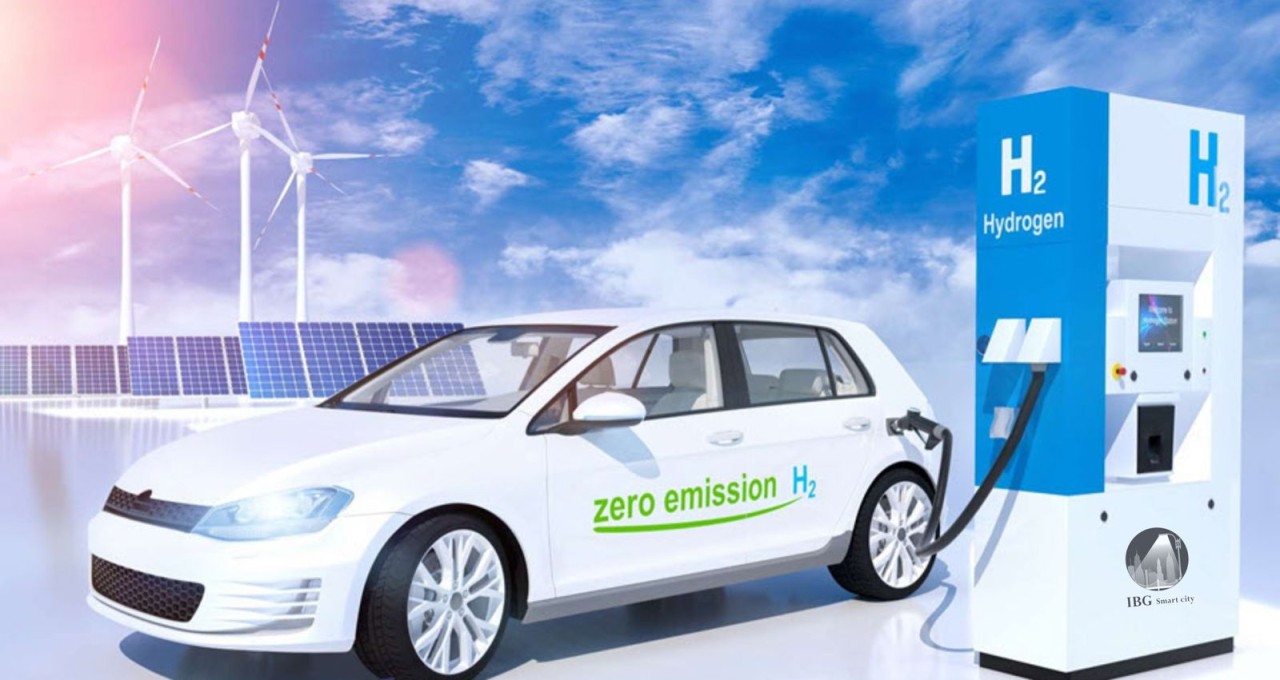
Table of Content
▼As the world grapples with the pressing need to reduce carbon emissions and combat climate change, alternative fuel vehicles are gaining momentum. Among these, hydrogen cars stand out for their potential to offer a sustainable and eco-friendly transportation solution. In India, the hydrogen car market is still in its nascent stages, but with increasing interest and government support, it is poised to grow. This article explores the current state and future prospects of hydrogen cars in India.
What Are Hydrogen Cars?
Hydrogen cars, also known as fuel cell electric vehicles (FCEVs), use hydrogen gas to power an electric motor. The hydrogen reacts with oxygen in a fuel cell to produce electricity, with water and heat as the only byproducts. This makes hydrogen cars zero-emission vehicles, as they emit no pollutants or greenhouse gases.
Advantages of Hydrogen Cars in India
- Environmental Benefits: Hydrogen cars produce zero tailpipe emissions, contributing to cleaner air and reduced carbon footprint.
- Efficiency: They offer high energy efficiency compared to internal combustion engine vehicles.
- Refueling Time: Hydrogen cars can be refueled in just a few minutes, similar to conventional gasoline vehicles, unlike electric cars that require longer charging times.
- Range: Hydrogen cars generally have a longer driving range compared to battery electric vehicles (BEVs), making them suitable for long-distance travel.

Hydrogen Cars in India
Current Market Scenario
The Hydrogen Cars in India is still emerging, with limited availability and infrastructure. However, several initiatives and partnerships are paving the way for future growth:
- Government Initiatives: The Indian government is actively promoting hydrogen as a clean energy source through various policies and subsidies. The National Hydrogen Mission aims to make India a global hub for hydrogen production and fuel cell technology.
- Automaker Initiatives: Companies like Toyota and Hyundai have been at the forefront of developing hydrogen vehicles globally and are exploring opportunities to introduce their models in India.
- Infrastructure Development: The development of hydrogen refueling stations is crucial for the adoption of hydrogen cars. Efforts are underway to establish a network of hydrogen stations across major cities and highways in India.
Upcoming Models
While there are currently no hydrogen cars available for purchase in India, some models expected to make their debut in the near future include:
- Toyota Mirai: One of the most well-known hydrogen cars globally, the Mirai offers a driving range of around 500 km on a full tank of hydrogen.
- Hyundai Nexo: Another popular hydrogen SUV, the Nexo boasts advanced safety features and a range of approximately 600 km.
Challenges and Opportunities
Challenges
- Infrastructure: The lack of hydrogen refueling stations is a significant barrier to the widespread adoption of hydrogen cars in India.
- Cost: The production and distribution of hydrogen are currently expensive, making hydrogen cars more costly than conventional vehicles.
- Public Awareness: There is a need to raise awareness about the benefits and potential of hydrogen cars among consumers and stakeholders.
Opportunities
- Technological Advancements: Continued research and development can lead to more efficient and affordable hydrogen production methods.
- Government Support: Policy incentives, subsidies, and investment in infrastructure can accelerate the growth of the hydrogen car market.
- Sustainable Mobility: Hydrogen cars can play a crucial role in achieving India's goals for sustainable and green mobility.
Conclusion
Hydrogen Cars in India represent a promising solution for sustainable transportation in India. While the market is still developing, with continued support from the government, advancements in technology, and increasing consumer awareness, hydrogen cars could become a significant part of India's automotive landscape. As the country strives towards a cleaner and greener future, hydrogen cars offer an exciting opportunity to reduce emissions and promote environmental sustainability.
Also Read: The Cheapest Electric Car in India: A Comprehensive Guide
Neha Mehlawat
Neha Mehlawat is an automotive journalist and industry analyst with 10+ years of experience covering cars, bikes, and mobility trends. She tracks the latest launches, technology upgrades, and policy changes in the auto sector, delivering sharp insights that help readers stay ahead in the fast-evolving world of automobiles.
_1771494670.webp)
_1771490848.webp)
_1771485173.webp)


